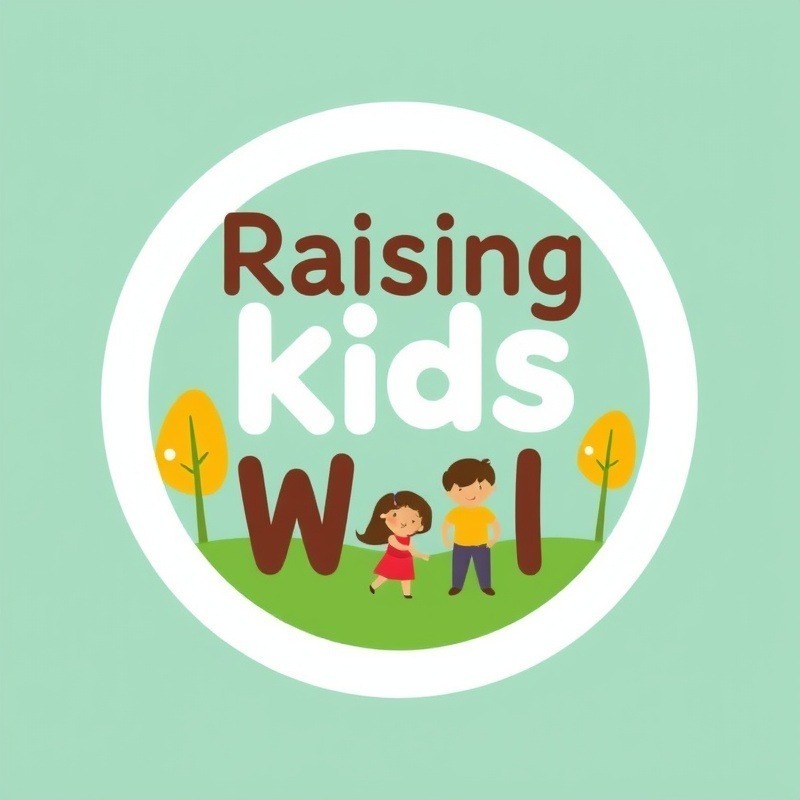
Understanding the Social Media Landscape
In today’s digital age, navigating social media can be daunting for parents. With platforms continuously evolving, children are often exposed to content that can impact their development and well-being. Social media is not inherently bad; it can provide a space for self-expression and community. However, awareness and guidance from parents are crucial.
Parental Insight: Why It Matters
As parents, understanding the dynamics of social media can help you foster healthy habits in your children. According to recent research, around 90% of teens ages 13 to 17 use social media, making it a central part of their social interactions. Engaging with your child about their online experiences can help build trust and open communication. This engagement can also shield them from harmful content, cyberbullying, and unrealistic standards that often plague social media.
Tools and Techniques for Monitoring
Monitoring your child’s online habits doesn’t mean breaching their privacy; it means establishing safe boundaries. Tools like parental control apps allow parents to oversee activity without stifling independence. Conversations about what they encounter online can help children differentiate between appropriate and inappropriate content. Teaching them to critically evaluate sources can help also.
Identifying Risks and Challenges
While it is essential to acknowledge the benefits of social media, there are challenges that parents should be aware of. Exposure to cyberbullying is a significant risk. Statistics reveal that about 37% of young people between 12 and 17 have been bullied online. It’s crucial to have a dialog about feelings and experiences online to prevent isolation and hurt.
Fostering Positive Online Behavior
Encouraging positive behaviors in your child can mitigate the risks associated with social media. Teaching your child about sharing responsibly, thinking before posting, and the importance of kindness online can lay a strong moral foundation. Share stories about the impact of online actions, reinforcing that digital footprints can last forever.
Setting Boundaries for Healthy Use
Setting clear guidelines and expectations around social media use can provide children with a framework for healthy interactions online. Discuss physical activity, face-to-face interactions, and screen time limits. The American Academy of Pediatrics recommends balancing online engagement with offline activities to promote healthier lifestyles.
Embracing Open Conversations
The most effective way to help your kids navigate social media is through open communication. Schedule regular discussions about what’s happening in their online lives. Ask open-ended questions to encourage sharing and listen actively. This will foster an environment of trust, making it easier for them to come to you with concerns.
Personal Stories: Insights from Other Parents
Connecting with other parents can provide valuable insights and resources. Join parenting forums or social media groups where you can exchange experiences and strategies. It’s helpful to hear from others who have faced similar challenges, with personal anecdotes illustrating both pitfalls and triumphs in managing their children's social media experiences.
Looking Ahead: The Future of Social Media and Parenting
As the landscape of social media continues to evolve, so too will the challenges and opportunities it presents to parents. Staying informed about emerging trends and technologies can empower you to guide your children better. Encourage adaptability and resilience as your children mature into responsible digital citizens.
Embrace the journey of parenting in this digital age, knowing that with proactive communication and active involvement, you can help shape a positive online experience for your children.
Consider engaging with local parenting workshops or online resources that focus on technology and child development to stay informed and connected. Your participation can foster deeper insights and strengthen your parenting approach.
 Add Row
Add Row  Add
Add 

Write A Comment